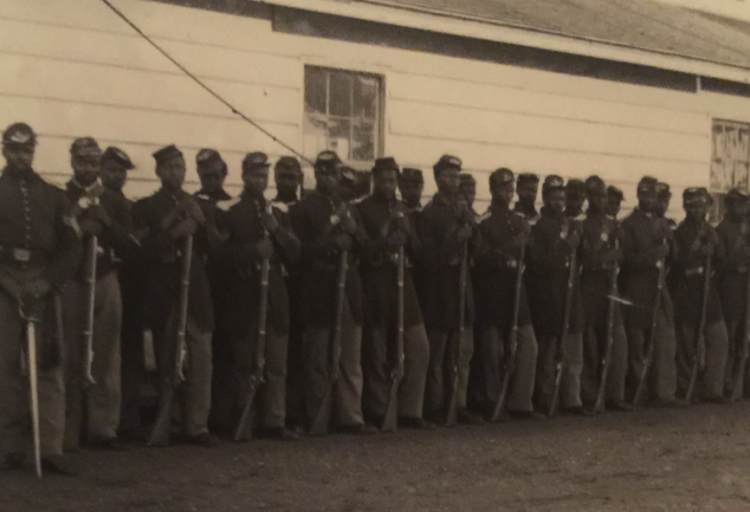 »Ashlie Talley – atalley2@my.apsu.edu
»Ashlie Talley – atalley2@my.apsu.edu
Judging and being judged are unavoidable aspects of life. People will always have opinions about the actions and decisions of others While everybody finds it offensive to be judged, they are constantly judging others themselves.
Interesting as this may be, what’s even more interesting is we use separate levels of judgement towards acquaintances and strangers than we do ourselves and the ones we love. It is safe to say we judge others based on logic and ourselves based on emotion.
When we’re judging those who are less than friends, we use strictly logic. We don’t take into account the experiences leading up to the event in which we made the judgement, how this person was feeling or what they were going through at the time of the event.
We don’t take these things into account because we don’t know any of them. Say one is passing an accident, and they note it was a fender bender. If we don’t know this person, the first thing that pops into our minds is, “Well, they should’ve been watching the road.”
All we have are the facts, or rumors in many instances, and that’s what we base our judgement on in cases of strangers. Because we do this, our judgement is a little harsher than if you know the person personally.
When we’re judging the ones we love, considering we typically know the history, instances and feelings leading up to the event we’re judging, how harshly we judge them really depends on where we stand with them at a given moment.
If we’re mad at a person we love, our reaction to them rear-ending a car would be similar to the reaction toward the stranger.
If we’re in good standing with them, however, we wait to know what happened before we make a judgment.
When it comes to judging ourselves, we do things a bit differently. We look at the situation from every angle available to us so we can excuse ourselves from harsh judgement.
Or in the least, we excuse ourselves from believing we deserve a harsh judgement.
Had we been involved in the car accident rather than a stranger or a loved one, our reaction would be one of two things. We’d either start blaming the person we hit or we’d acknowledge we did it and brush it off because it can happen to anyone.This is because we as human beings find it difficult to empathize with other people.
When we look at the mess we live in these days, take into account the world got this way because of people, and further take into account how many times we’ve been hurt by other people due to their mistakes, we look at the situations of others and we feel no sympathy for them.
We tend to think, “It’s their fault, so why should we help them?” or, “It’s their fault, so why should we feel bad?”
The truth is, everybody makes mistakes, including both you as the reader and myself. Indeed, there are many times when we observe the actions of another and it completely baffles us, but the old saying goes, “Don’t ever say what you wouldn’t do, because you’ll do everything you said you wouldn’t do and a thousand things you never thought of doing.”
It’s easy to watch other people and pass judgement when we have no idea what they go through. When we notice the mistakes other people are making, instead of passing judgement on them we should empathize with them.
Life has a tricky way of dealing out karma and you never know when it’s going to be you. TAS


